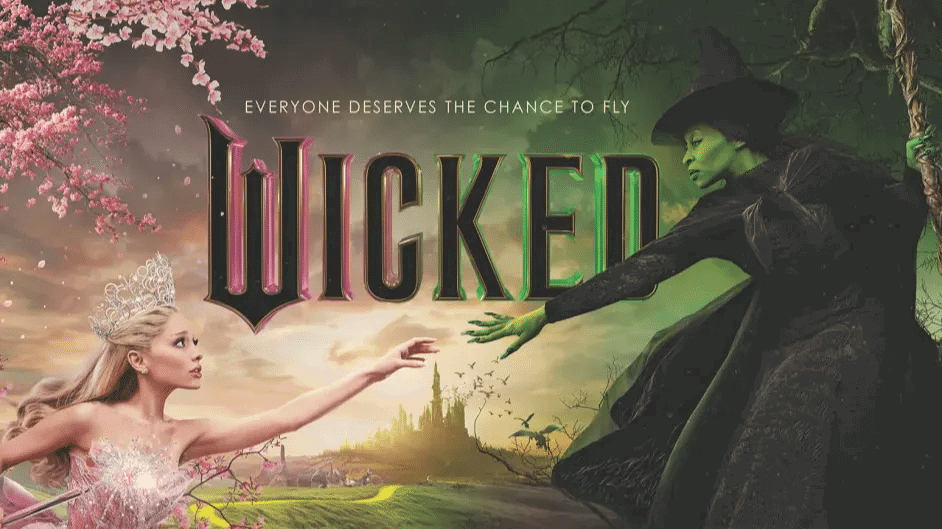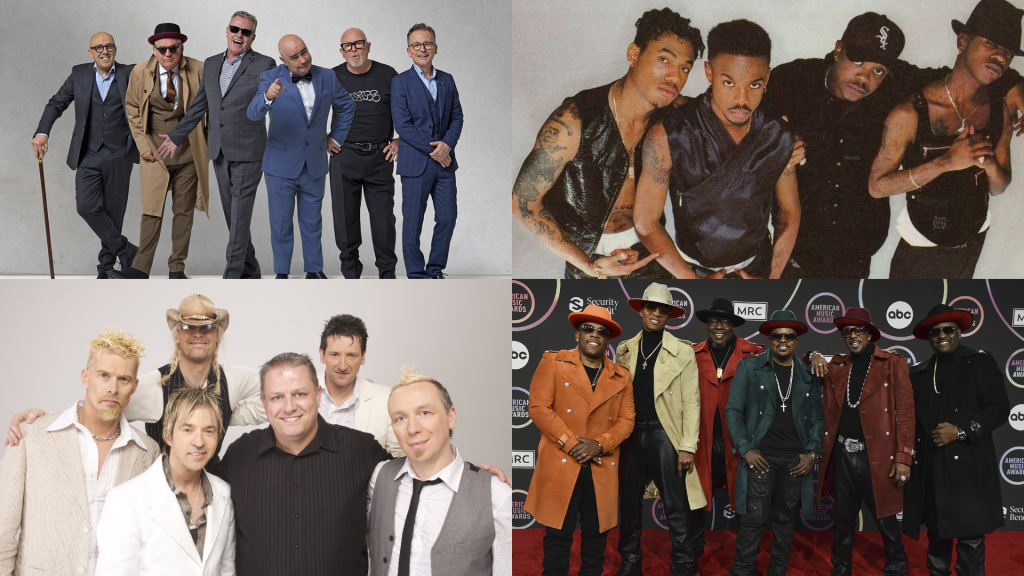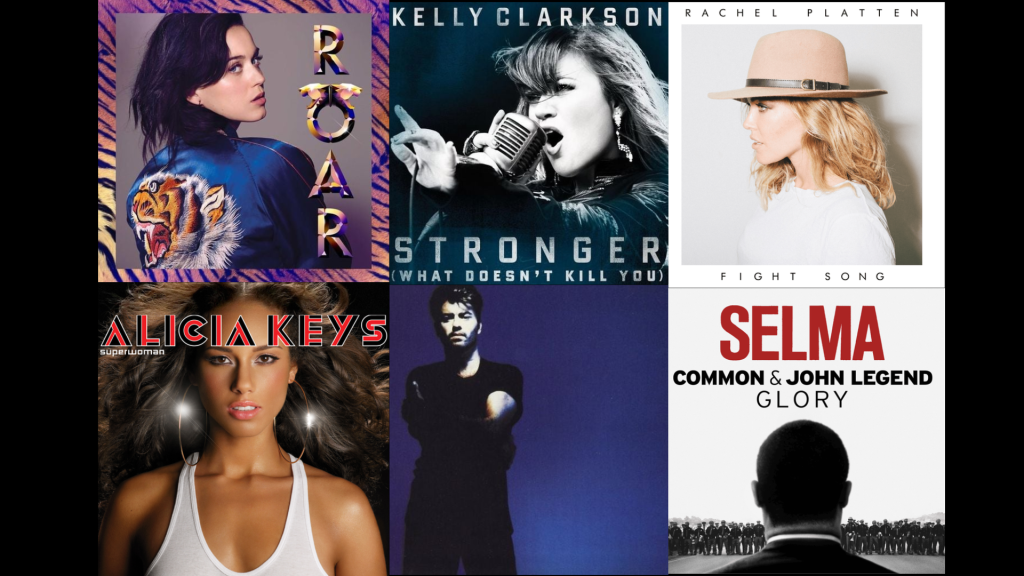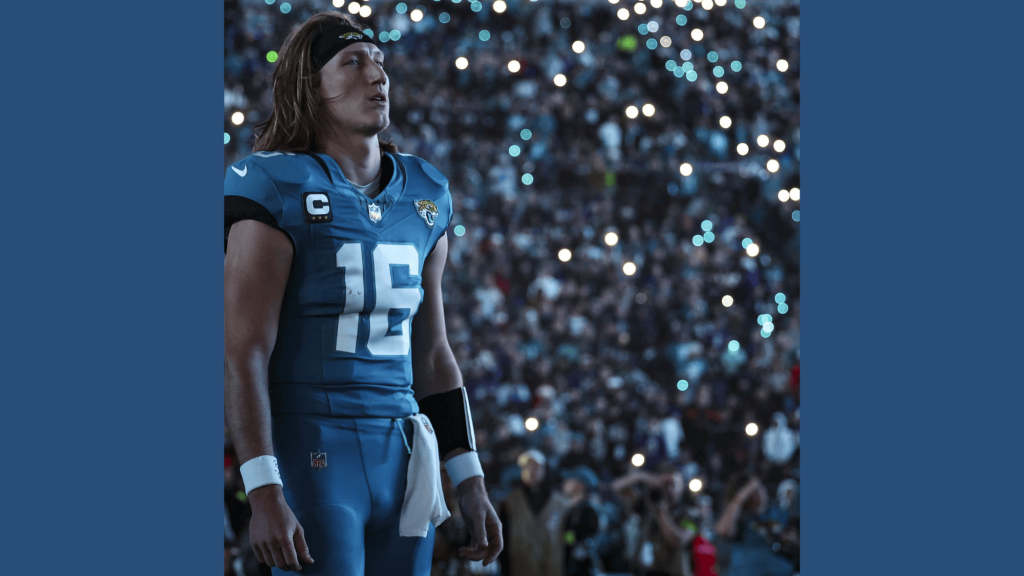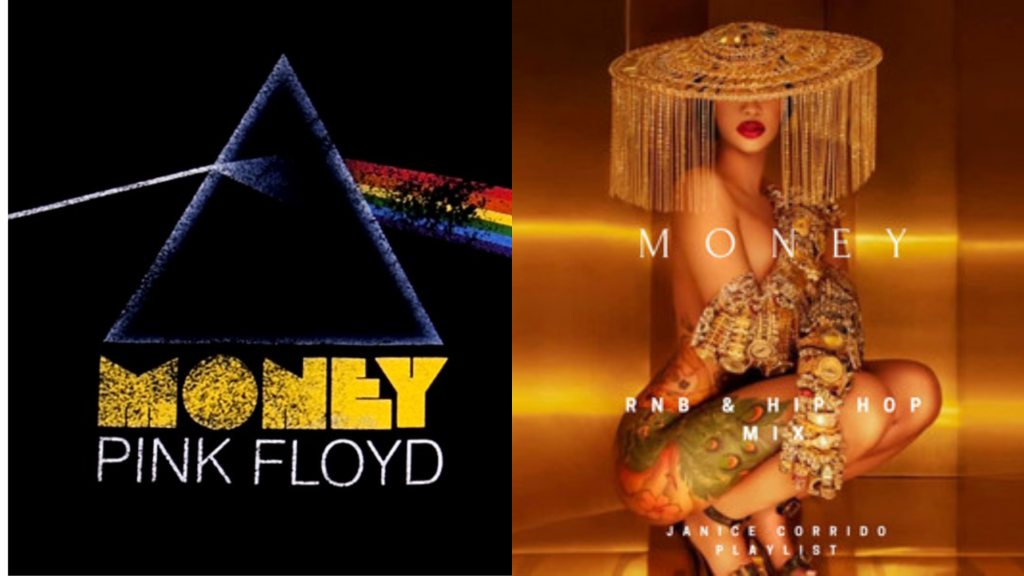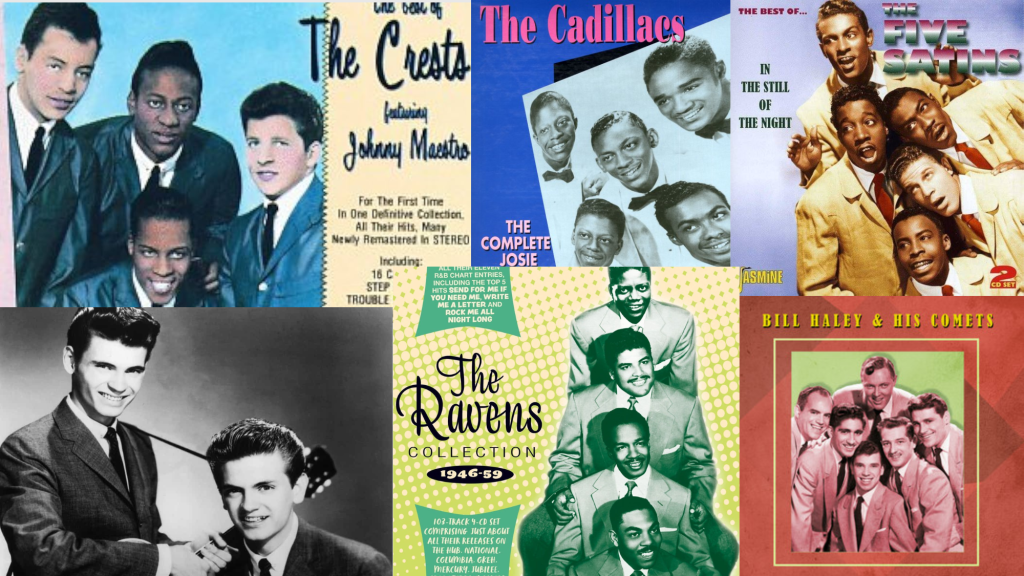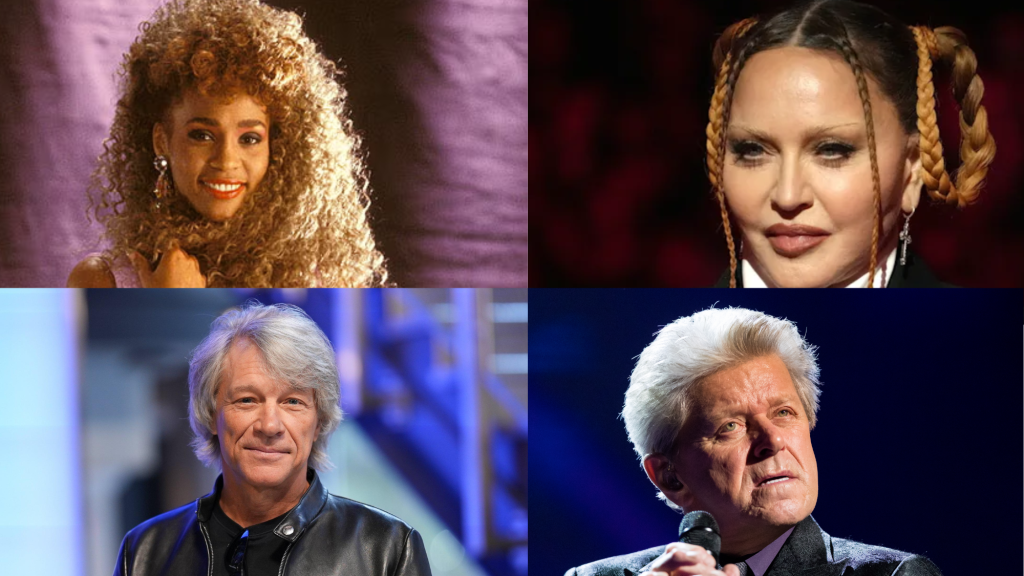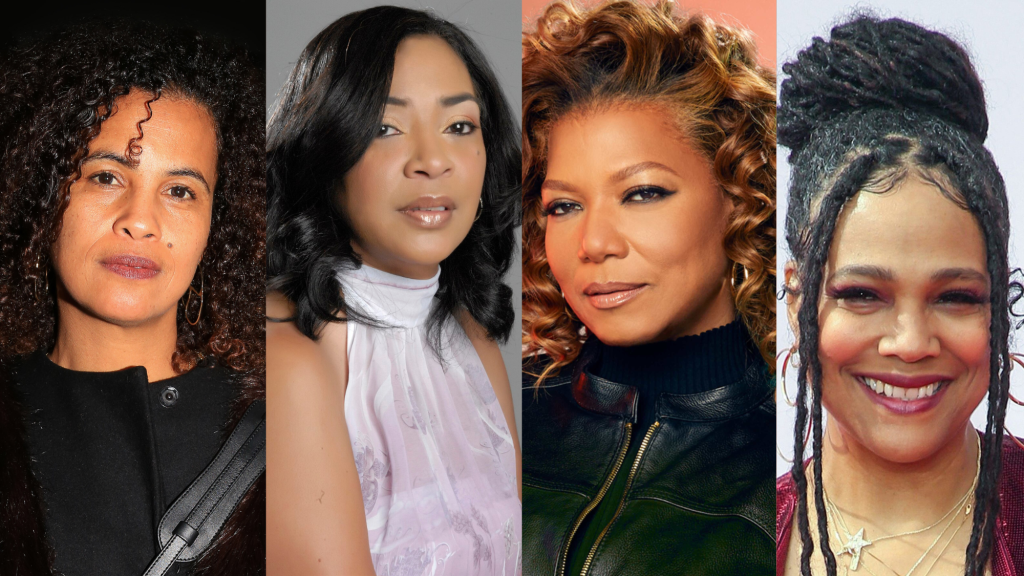According to Wikipedia, “Wicked” is a 2024 American musical fantasy that portrays an actual version of Stephen Schwartz and Holzman’s 2003 stage musical, itself a broad reinterpretation of Gregory Maguire’s book “Wicked: The Life and Times of the Wicked Witch of the West” (which was loosely based on L. Frank Baum’s “The Wonderful Wizard of Oz”). Staggering, right? For all that, Hollywood never disappoints its audience, and “Wicked” is not just a spectacle of song and dance; It’s actually a narrative that shows society the true colors of the complexities of identity and societal dynamics, reflecting real struggles, pain, resilience, threats, and humanity.
Wicked poses a fictional question – whether individuals are inherently wicked or made so by circumstance – crafted by the imaginative hand of a writer. Though it may seem artificial to explore real human behavior through the lens of fictional characters, the film skillfully dissolves the stark contrast between good and evil. It emphasizes the profound relativity that shapes our perceptions, urging us to reconsider the moral labels we so often accept without question.
Aren’t you at least a bit curious to find out what else about “Wicked” fascinates audiences that much?
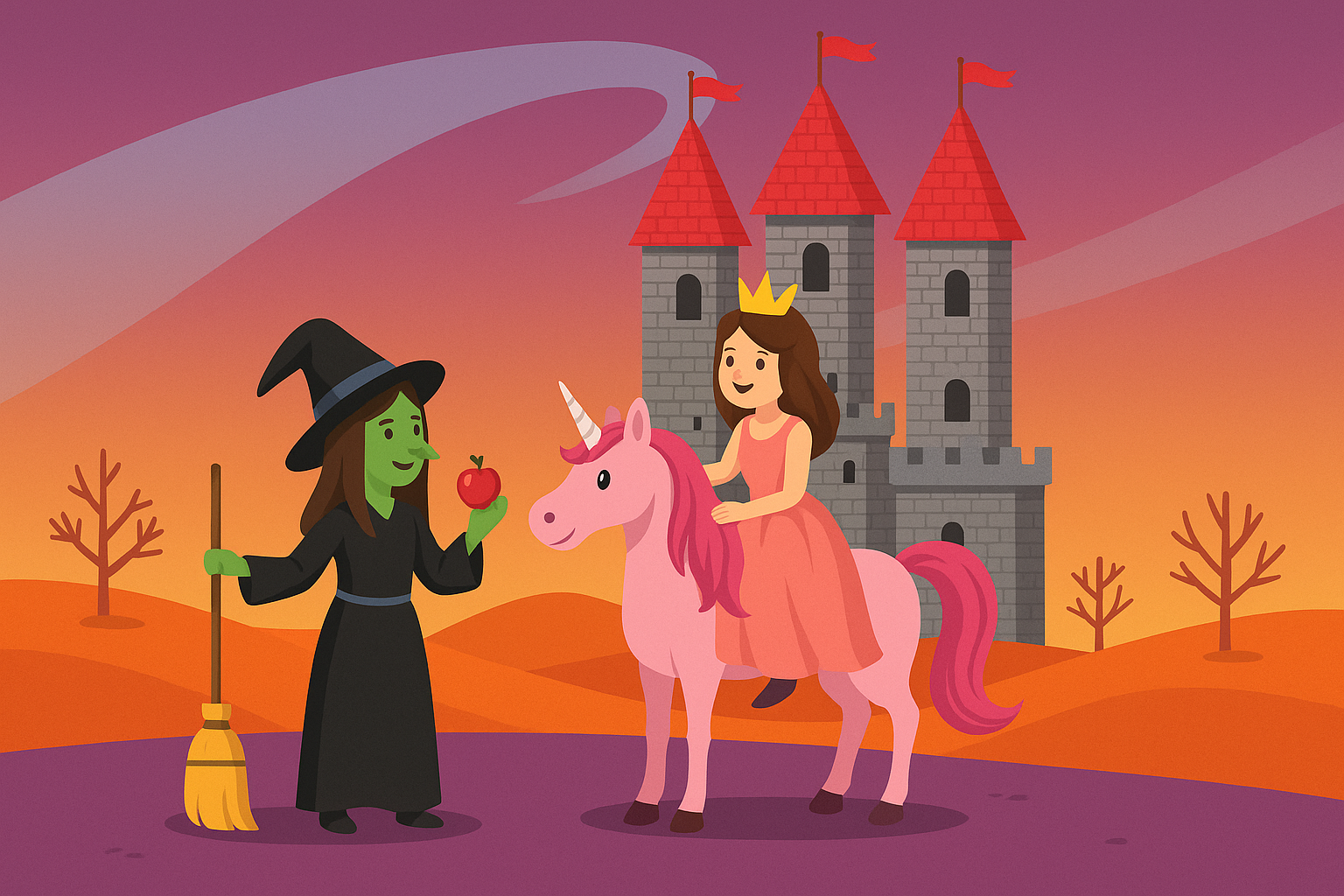
Female Friendships Are Fierce And Wonderful
The female friendship between Elphaba and Glinda is a major theme of the “Wicked” movie, teaching us how amazing life would be if women didn’t let society pit them against each other. The development of Elphaba and Glinda’s relationship, who started as enemies and found friendship in the long run, reinforces the importance of refusing to let ourselves soaked in the toxic mentality we generally grow with, where “everything is a competition” and “You must be better than her, no matter what it takes to bring her down.” Although our society may appear to heal at first glance, with countless hashtags like “girls support girls” and “women are empowering other women,” rare are the friendships that defy what society taught us to accept.
Elphaba and Glinda show us that female friendships, despite all, must be protected, offering us powerful lessons in empathy, support, understanding, and embracing differences.
It’s Ok To Be Different
“You should be completely unbothered by the echo chambers and the general hive mind of society. Just be yourself,” – They say. But honestly, how? How can you do that when society is widely known for the effortless way in which it marginalizes people who “fail” to conform to social stigmas, constructs, and norms? In this world, it truly takes expansive fearlessness to break stereotypes and carve your own path. But, oh Lord, how amazing it feels to unchain yourself.
Elphaba and Glinda are not just fictional characters; they mirror all the things we so often struggle to hide or embrace, showing us that there is beauty and strength in diversity.
Elphaba is a comfort character for every individual who has felt like they’re too much or not enough all at once. If you see the world another way than the others and refuse to accept it as it is, Elphaba is for you. If you find refuge in dreams, books, or the stars, Elphaba is for you. If you think that being alone is much better than hanging out with the wrong people, Elphaba is for you. If people label you as “too much” for simply being yourself, Elphaba is for you. And last but not least, if you learned to find your power the hard way, struggling to love the very things people tried to shame you for, Elphaba is for you.
Glinda is a comfort character for those who thought no one would ever love them if they were not running after perfection, for those who felt too paralyzed to take action, and for those who felt too afraid of not living up to certain standards. She is the people-pleaser who eventually finds out authenticity overcomes appearance and growth comes from vulnerability. Glinda tells the world that true power lies in being brave rather than being adored, speaking to the countless individuals who hide their insecurities behind a charismatic attitude and a dazzling smile.
Consequently, the “Wicked” movie has become a cultural phenomenon, with a strong fanbase and a multitude of merch products. Funko in Canada has impressed the audience with its spectacular pop collection of “Wicked” characters, offering people the opportunity to adorn their house with figurines such as Glinda In Nightgown and Elphaba (Valentine).
Nothing Is All Good Or Bad
So we come to the last crisis, that of empathy and kindness versus frustration and despair. Throughout the life cycle, our structure builds on structure around the ego’s continuity most of the time.
The core question of the “Wicked” movie gravitates towards people’s predisposition for good and/or bad, asking us to untangle ourselves from prejudices and biases that usually blur the inherent potential of human beings. The film tries to open our eyes, showing how everything we hear could be nothing but a nasty joke, especially when it comes from those we so eagerly trust. The message is unmissable: Evil can be good, and good can be evil. For instance, malice does not define the core of who Elphaba is. She is just a woman, affected by personal tragedy, who has been manipulated and misunderstood by society.
Generally, truth is neither fact nor reason. It is simply what the general population believes the truth to be. Word of mouth is powerful, and it is no wonder that one day, you wake up rooted in unbiased truth. “Wicked” reinforces how fundamental, albeit ridiculous, marketing can be in the world. If you don’t take control of yourself, other people will. If you don’t tell your own story, a stranger narrates it for you. Instead of fighting against lies, speaking your truth is the best thing you can do to bring the truth back. Others can taint and destroy your image in the blink of an eye, but it’s up to you to rise above it with dignity and grace. However, if the world disregards your truth, it is by no means the end of your story. Their judgment reflects their own flaws, not yours.


